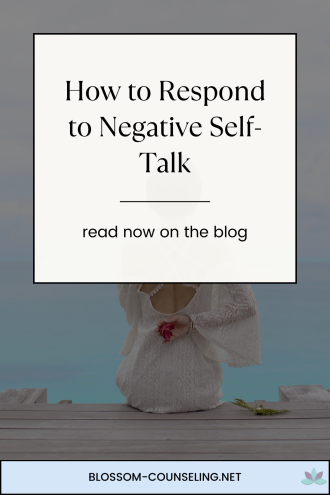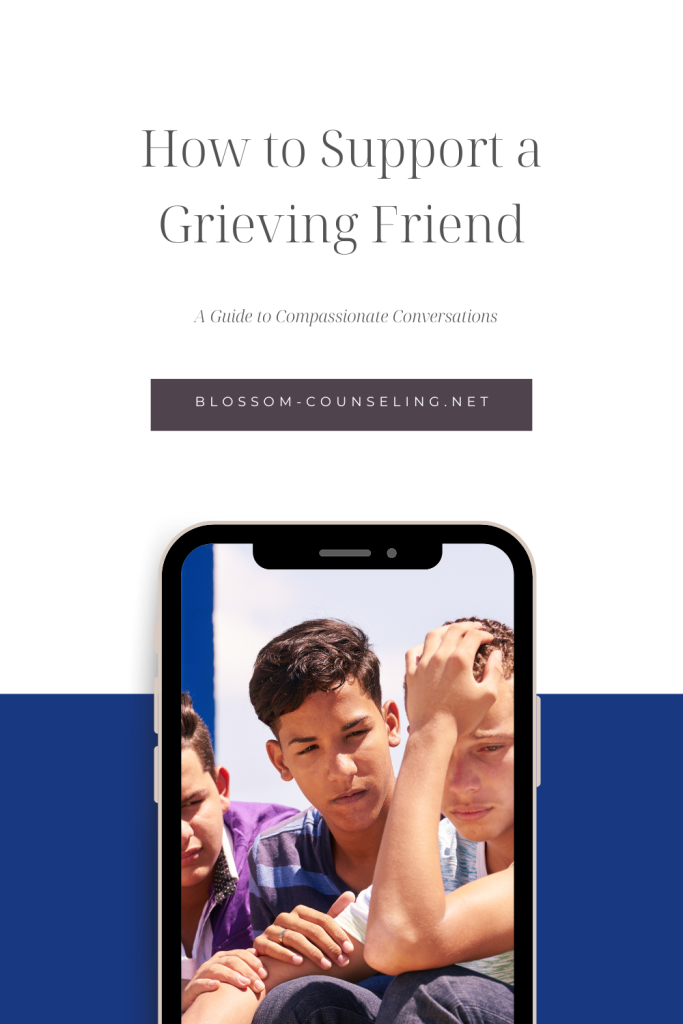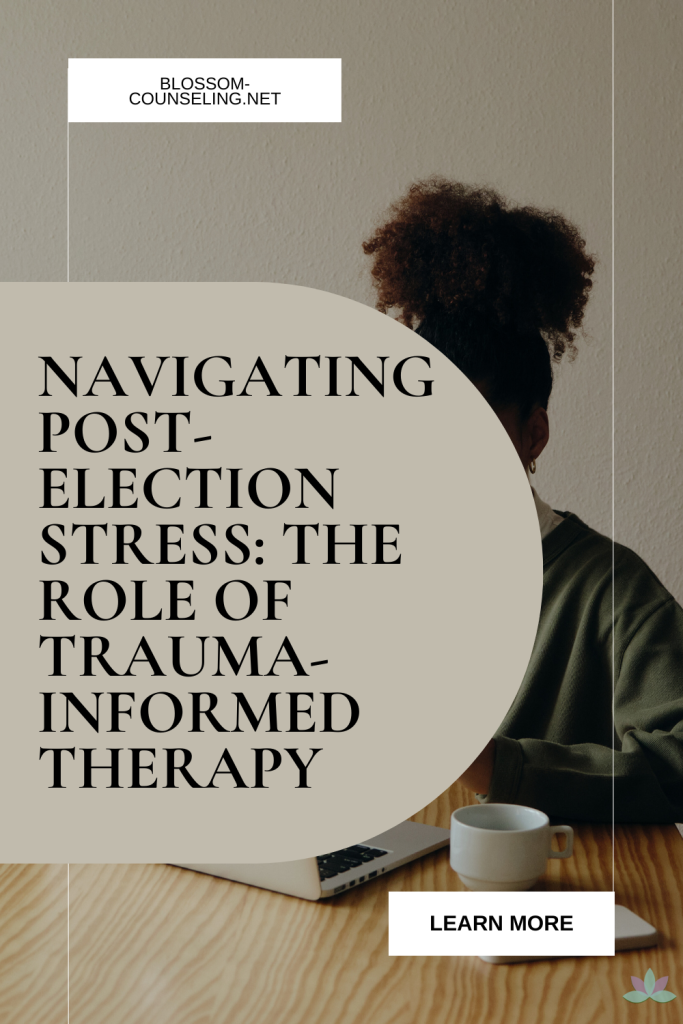
Negative self-talk is so much more common than most of us tend to realize!
Basically, negative self-talk is a clinical term we use to describe and identify the negative things that we say and think to ourselves. Some common examples include:
“Wow, I guess I just can’t do anything right”
“Why isn’t my life as good as everyone else’s seems to be?”
“I bet today is going to be another terrible day, just like always”
…and so on and so forth.
These thoughts might seem insignificant and unimportant, BUT, when you say various versions of these thoughts to yourself consistently over time, it takes a toll on how you feel about yourself, which will also influence your mood and emotional state. The most important thing to remember is that experiencing negative self-talk is totally normal, and more importantly, that you can actually gain control of these thoughts if and when you are able to notice that they’re happening. If you are finding that you might be saying more negative things to yourself than positive, keep reading for suggestions!
First things first, it is so important to be able to bring your mindful awareness to the thoughts that you are experiencing. This is important because if you aren’t aware of what your thoughts are, how can you be expected to change them? Increasing your mindful awareness can be done by intermittently stopping yourself and asking “How am I feeling right now?” and “Am I thinking anything negatively about myself?” Asking yourself these questions is a way to increase your ability to recognize what your thoughts are in the present moment.
After you have grown and strengthened your ability to recognize your thoughts and to increase your awareness of your thoughts, ask yourself “Is this thought helping me or hurting me?” and “Is this thought true? Do I have evidence to support it?” All too often we go about our day thinking tons of things and believing them all to be true because that’s what we’re used to doing! We very rarely actually take the time to stop and think, “Wait, why am I thinking this? Where is this coming from?” “Am I just thinking this because I’m upset?” Asking yourself some of these challenging questions can help to steer you towards a more balanced way of thinking, as opposed to a negative way of thinking.
Something else important to remember is acceptance. How many of you notice that you’re thinking negatively and then kick yourself for it? For instance saying, “What’s wrong with me? Why do I say these things to myself? Why can’t I make myself feel better?” Well, guess what? We are all human, and having negative thoughts or engaging in negative self-talk is a totally human and normal thing to have happen. Instead of kicking yourself while you’re down and perpetuating the negative cycle you’re already in, how about you stop and say “Okay I’m thinking pretty negatively right now. That’s okay, I know it happens sometimes, especially when I’m upset. But, is there anything else more helpful I can say to myself? Is there anything positive happening right now that maybe I’m just not thinking of?” or, “If my best friend was saying this to herself, what would I tell her?” By engaging in this more balanced thought process, you are both accepting that it’s okay to have negative thoughts, while also giving yourself permission to move on from them in a more positive and helpful direction.
These are all some helpful examples of ways to go about gaining some control over your negative self-talk! Please remember that it is possible to change the way you think, and with some effort and consistency, you’ll be on the fast track to being a more balanced and healthy version of yourself!
Our team of compassionate therapists is here to help you find the support you need. We believe in a holistic approach, treating your mind, body, and spirit. With a blend of traditional and alternative therapies, we tailor your experience to meet your unique needs. At Blossom, we create a non-judgmental space where you can be your authentic self. Our goal is to empower you, amplify your strengths, and help you create lasting change. Together, we’ll navigate life’s challenges and help you bloom, grow, blossom! You deserve to become the best version of you.




